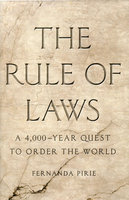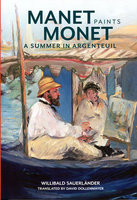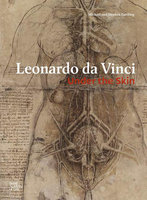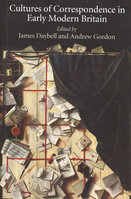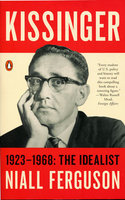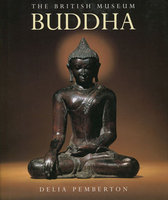New, Quality Gift Books - 50-90% off - over 2500 titles
Your basket is empty.
Categories Lucky Dip Clearance JOHN CRANCH: Uncommon Genius
JOHN CRANCH: Uncommon Genius
Book number: 93229
Product format: Hardback
In stock
Bibliophile price
£2.50
Published price
£20
Customers who bought this product also bought
|
RULE OF LAWS
Book number: 92404
Product format: Hardback
Bibliophile price
£5.00
Published price
£25
|
MANET PAINTS MONET: A Summer In Argenteuil
Book number: 92679
Product format: Hardback
Bibliophile price
£6.00
Published price
£14.99
|
LEONARDO DA VINCI: Under the Skin
Book number: 92677
Product format: Paperback
Bibliophile price
£2.00
Published price
£14.95
|
|
CULTURES OF CORRESPONDENCE IN EARLY MODERN BRITAIN
Book number: 92656
Product format: Hardback
Bibliophile price
£4.50
Published price
£67
|
KISSINGER 1923-1968: The Idealist
Book number: 92774
Product format: Paperback
Bibliophile price
£6.00
Published price
$25
|
BRITISH MUSEUM BUDDHA
Book number: 93376
Product format: Hardback
Bibliophile price
£2.75
Published price
$15.95
|
Browse these categories as well: Lucky Dip Clearance, Art & Architecture, Historical Biography

